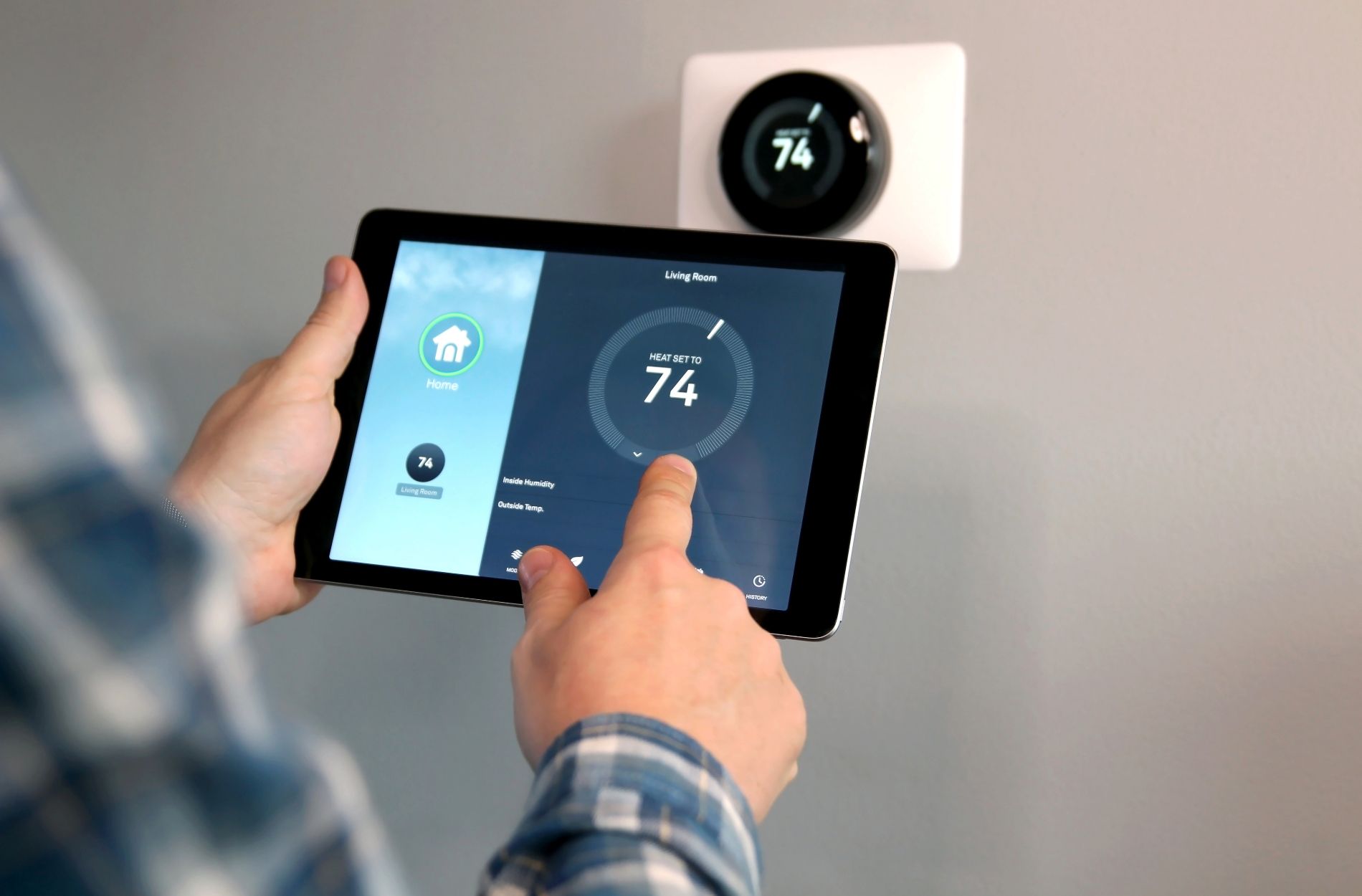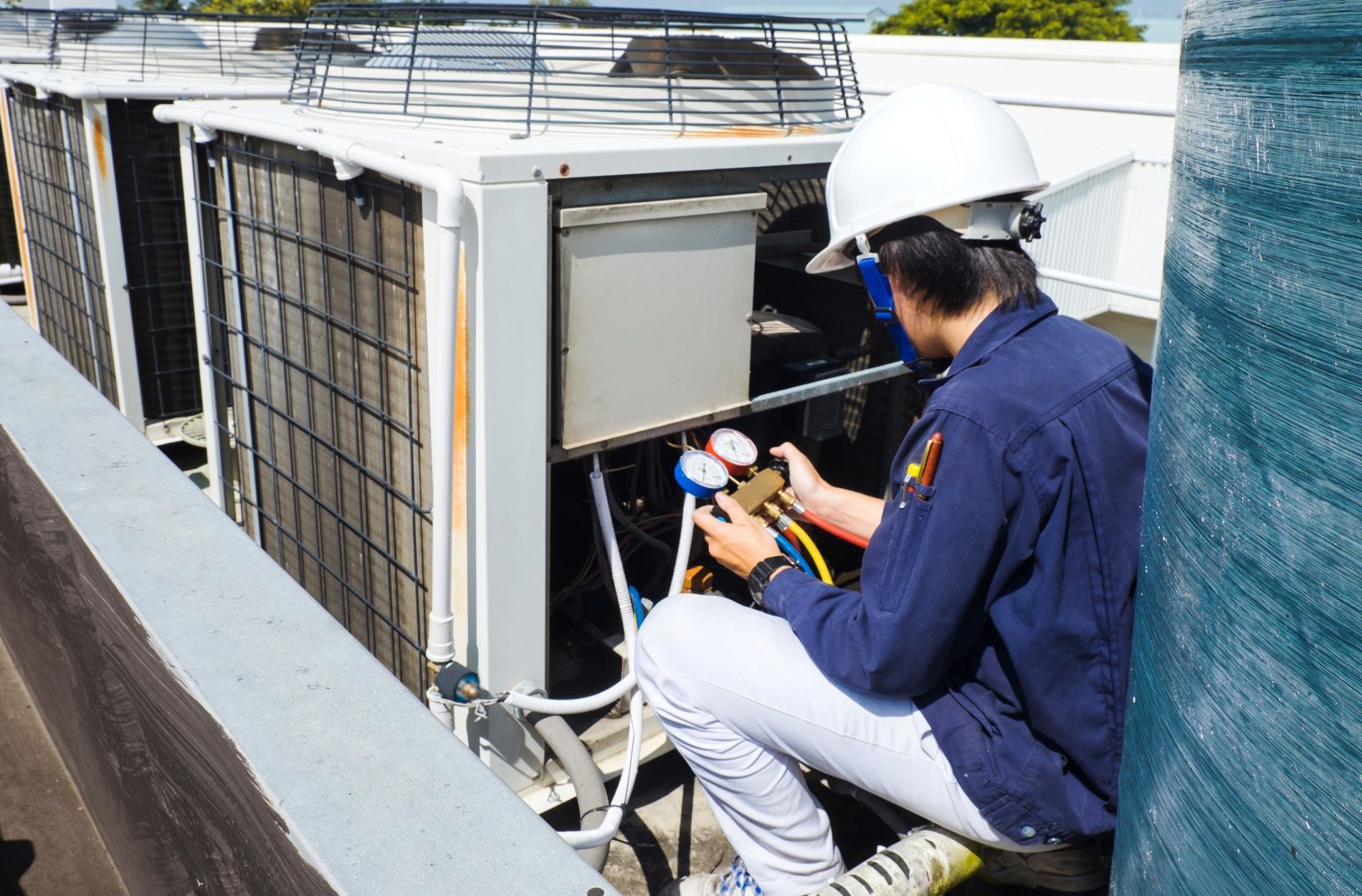The Importance of Proper Indoor Air Quality: Tips and Benefits
Clean and healthy indoor air is crucial for the well-being of you and your family, yet it is an often overlooked aspect of maintaining a comfortable and safe living environment. Pollutants, allergens, and volatile organic compounds (VOCs) are just some of the common culprits contributing to poor indoor air quality that can cause adverse health effects and reduce overall comfort.
As people tend to spend most of their time indoors, especially in recent times with increased work-from-home arrangements, prioritizing and improving your home's indoor air quality should be a key consideration. In this blog post, we will discuss the importance of maintaining good indoor air quality, the benefits it offers, simple yet effective tips for enhancing the air quality in your home, and how Anytime Heating and Air's expert services can provide tailored solutions to meet your specific needs.
Tips for Improving Indoor Air Quality
A clean and healthy home environment begins with implementing strategies that target common sources of indoor pollutants and allergens. Here are five practical tips to enhance your indoor air quality:
1. Maintain Cleanliness: Be proactive in cleaning and vacuuming your living spaces regularly to remove dust, pet hair, and other allergens. Utilizing a vacuum cleaner with a HEPA filter can help capture finer particles that may otherwise escape into the air. Additionally, pay close attention to high-touch surfaces such as door handles, countertops, and light switches, as these can also harbor contaminants.
2. Monitor Household Humidity: Maintaining the ideal indoor humidity level, typically between 30% and 50%, can help to reduce the growth of mold, dust mites, and bacteria. Invest in a hygrometer to measure your home's humidity level and consider a dehumidifier or humidifier as needed to achieve optimal conditions.
3. Utilize Air Purifiers: Air purifiers, particularly those with HEPA filters, can be an effective tool for removing airborne particles and allergens from the air. It's crucial to select an air purifier suited to the size of your room, follow filter replacement schedules, and consider units with added features such as UV-C or activated charcoal filtration systems for enhanced air cleaning capabilities.
4. Ensure Proper Ventilation: Adequate airflow is essential for maintaining good indoor air quality. Consider the use of exhaust fans in kitchens, bathrooms, and laundry rooms to expel excess moisture, fumes, and pollutants. Moreover, periodically opening windows can help dissipate stale air, introduce fresh outdoor air, and regulate humidity levels.
5. Limit Exposure to Chemical Pollutants: Many household products, from cleaning supplies to paints, release volatile organic compounds (VOCs) into the air, which can be harmful in concentrated levels. Opt for low-VOC or all-natural alternatives when possible, and ensure proper ventilation during the use of such products.
Benefits of Maintaining Good Indoor Air Quality
There are numerous benefits associated with maintaining healthy indoor air quality in your home, including:
1. Improved Respiratory Health: Reducing indoor allergens, pollutants, and irritants can significantly contribute to better respiratory health in the long run, as these triggers can exacerbate existing respiratory conditions such as asthma or allergies, or contribute to new sensitivities.
2. Enhanced Sleep and Mental Well-Being: Clean and fresh indoor air can positively impact your sleeping patterns and reduce sleep-related issues, resulting in a more rejuvenating and restful night's sleep. Similarly, good air quality can improve mental well-being, as it helps to create a comfortable and soothing environment.
3. Increased Comfort: Improved indoor air quality directly correlates with a more pleasant and comfortable living space. You may experience fewer instances of excessive moisture, lingering odors, or stale air—all factors that can negatively affect the overall level of comfort within your home.
4. Protecting Home Structure: By taking steps to maintain proper indoor air quality, you also protect your home's structure and surfaces from damage caused by excessive moisture or mold growth.
Partnering with Anytime Heating and Air for Indoor Air Quality Solutions
To truly achieve optimal indoor air quality and comfort, professional services can be instrumental in identifying issues, providing tailored solutions, and ensuring regular maintenance. The team at Anytime Heating and Air offers a variety of services to address your specific indoor air quality needs:
1. Air Filtration Systems: Our experts can recommend and install top-of-the-line air filtration systems, such as high-grade HEPA filters, to effectively remove contaminants and allergens from the air in your home.
2. Ventilation Solutions: Anytime Heating and Air offers installation and maintenance services for effective ventilation systems, including energy recovery ventilators (ERVs) and heat recovery ventilators (HRVs), which provide fresh air exchange while minimizing energy loss.
3. Humidity Control: Our team can assess your indoor humidity levels and suggest solutions such as humidifiers, dehumidifiers, and ventilation upgrades to maintain an ideal balance of moisture in the air, helping to prevent mold growth and maintain a comfortable environment.
Achieve Greater Comfort and Healthier Indoor Air with Anytime Heating and Air
Maintaining good indoor air quality is essential for promoting a comfortable, healthy, and safe living environment within your home. By following practical tips for improving air quality, understanding the importance of clean air, and engaging the expertise of Anytime Heating and Air for tailor-made solutions, you can enjoy the myriad benefits of enhanced indoor living.
Contact us today to learn more about how our team can help you achieve better
indoor air quality and comfort in your home through personalized, professional services, and support.


